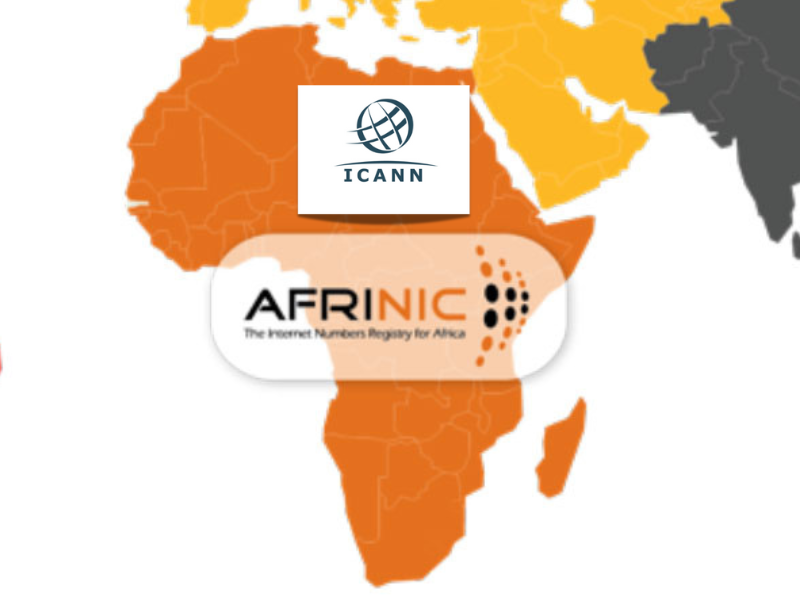- AFRINIC leadership accused of lacking transparency in suspending and annulling the election without due process
- Critics say one disputed proxy vote should not invalidate hundreds of legitimate member votes
What happened: AFRINIC’s 2025 election transparency failures
The origin of the AFRINIC election crisis in Mauritius last week, stems from a serious breach of confidentiality by a member of the AFRINIC Election Committee. The individual is alleged to have removed Power of Attorney (POA) documents from the voting room and contacted resource holders directly — actions that violate established confidentiality and non-disclosure obligations.
Lack of transparency is the real crisis: Legitimate votes are invalidated across the board
However, critics argue that even if certain POAs were improperly submitted, it remains deeply questionable whether such irregularities justified the invalidation of hundreds of legitimate votes, or the cancellation of the entire election. AFRINIC did not conduct a vote-by-vote verification process, nor did it launch a transparent appeals or audit mechanism. Instead, it chose to halt the entire process outright.
To many observers, this disproportionate response raised even more serious concerns:
- Was AFRINIC acting under external pressure to stop the vote?
- Or was the crisis strategically exploited to influence the election outcome or reshape the board’s composition?
The real question isn’t whether that POA was valid, but whether it was simply used as a convenient cover — a surface-level justification to obscure deeper political motives.If an unverified proxy vote can lead to the annulment of an entire election — without a clear explanation or path to remedy — then the issue goes far beyond procedural compliance. It speaks to whether AFRINIC’s governance framework has lost its independence, transparency, and credibility.
Also read: As ICANN threatens to ‘review’ AFRINIC, an elected board is its only hope for survival
Also read: The story of AFRINIC: How Africa’s internet ideal was destroyed from within
Why it matters
When transparency fails, trust follows
The internet is a shared global resource. Failures in regional governance don’t remain regional for long. As part of the global IP allocation system, AFRINIC is interconnected with bodies like ICANN, the NRO, and the IETF. Its actions — or failures — affect the stability and fairness of the entire ecosystem. Cancelling an election without clear justification erodes the trust that binds the multi-stakeholder internet model together.
AFRINIC’s 2025 election was not simply about who sits on the board. It was a test of whether the institution is governed by principles or discretion, by community accountability or institutional opacity. If AFRINIC is to recover its standing — both in Africa and globally — it must immediately commit to transparent, fair, and procedurally sound governance. Anything less puts not just internal cohesion at risk, but Africa’s rightful role in shaping the digital future of the continent.
Global consequences of local failures
The internet is a global commons. AFRINIC’s struggles serve as a cautionary tale: transparency is not optional — it is foundational. AFRINIC’s 2025 election built on community trust and global coordination, the stakes are too high to ignore. If AFRINIC is to regain credibility, it must urgently commit to transparent, accountable, and participatory governance. Otherwise, it risks not only internal fragmentation, but also losing its voice in shaping Africa’s digital future.

